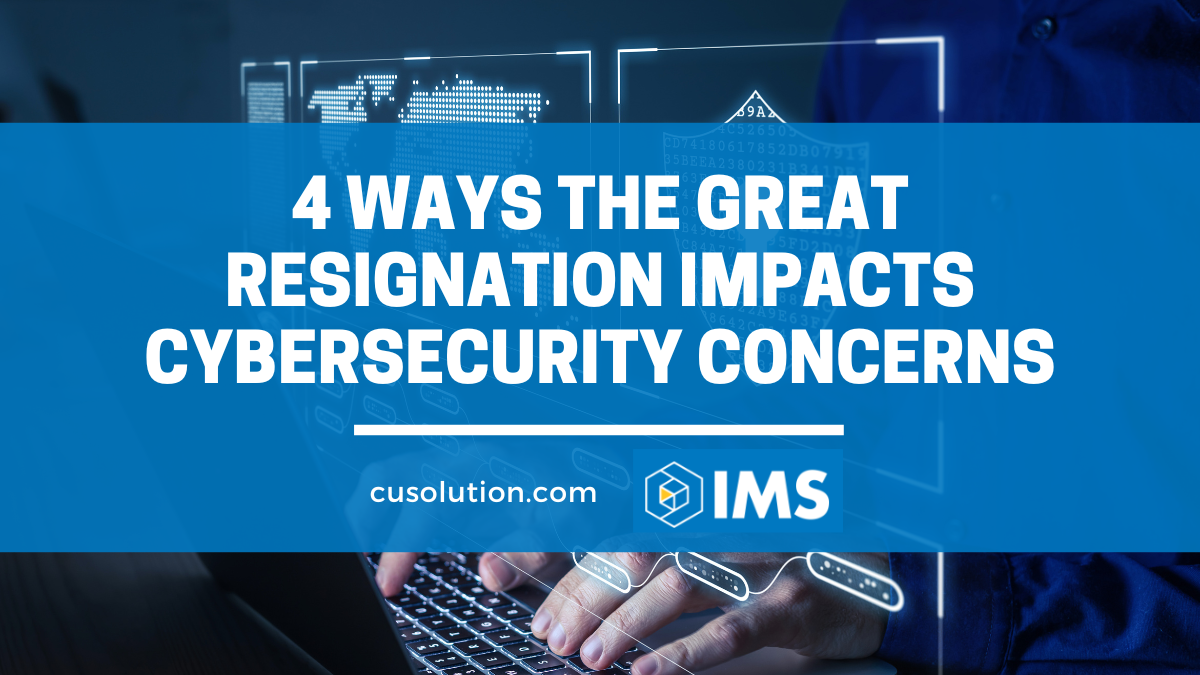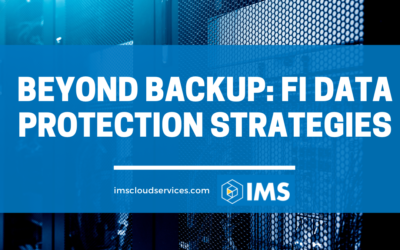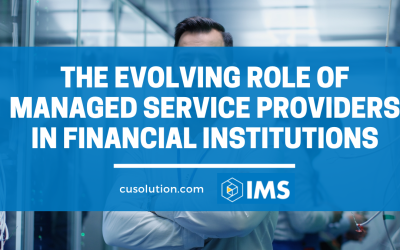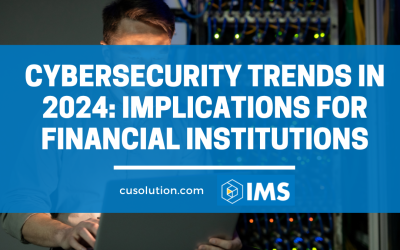There had been a lot of talk about the impact of the Great Resignation, and much of it centers around hiring practices, salary negotiations, and employee retention and turnover. But there are residual effects stemming from these mass resignations, and some of the most important effects involve your cybersecurity operations.
Let’s talk about some of the biggest ways the Great Resignation is impacting cybersecurity concerns, and what your organization should be doing about it.
High Employee Turnover = Higher Data Loss
Data loss is always a concern after a resignation. Some of it is intentional – employees take data out of spite or even to use at their next job. But there are also many instances where data is lost simply because the former employee didn’t store the data properly – they stored it on their work computer rather than in the shared files or department-specific locations, or maybe they were using a personal device to have work conversations or store other important data.
This data can be used to sabotage a previous employer or to gain an advantage over a new employer. Workplace culture is changing, and because younger generations are tech-savvy by the time they hit middle school, your data can be shared, copied, or destroyed very easily by a disgruntled employee, or even just by a former worker who was unaware their personal computer has the only copy of certain files. Safeguarding your data and teaching your staff to use and store it in the proper place and through proper channels can help mitigate this risk.
Because of these increased data cybersecurity concerns, your credit union should be using the best data access practices. The primary component of these practices should be reviewing the access your current and former employees have or had and making sure they only have necessary access moving forward.
When you do this, think about how each employee’s role and responsibilities have changed during their time at your credit union. Maybe they needed a higher level of access to member account details when they were in more of a customer service role, but now that they are running your marketing campaigns, that access is no longer necessary.
The Cybersecurity Industry Isn’t Immune to the Great Resignation
Another reason the Great Resignation is creating cybersecurity concerns is that the cybersecurity industry is also affected by these mass exoduses. Many cybersecurity professionals have also left their positions in the last few years.
Being short-staffed in the IT department also puts your credit union at risk of attack. Things can fall through the cracks; your former employees could negatively impact your system (either intentionally or unintentionally).
Because the stress of the pandemic affected certain professional roles and industries, like cybersecurity, at a higher rate, many employees are leaving the field. And when hundreds or even thousands of IT professionals leave the industry, it increases the threat to businesses from outside sources that are also aware of the shortages.
This decrease in cybersecurity team numbers also means your response to threats will likely be slower and less effective. No operations run as smoothly or efficiently when you are missing team members. That’s why it’s important to start thinking about how you want to invest your credit union’s IT budget – IMS has a host of services that can fill in the gaps left by employees resigning.
Remote Work Increases Risks
Remote work is more common than ever before, and that means more cybersecurity risk for your credit union.
While it may be nice not to have the responsibility of purchasing and maintaining a remote worker’s devices, that also means you can’t control where or how your data is stored and used, especially once that employee has resigned.
Remote workers are also working from a variety of different servers and networks – home, local coffee shops or libraries, etc. And this means your data and systems are being exposed to more varied risks. You also can’t control the security parameters on these employees’ home networks in the same way that you can monitor and improve your in-house network and servers.
Gaps between Employees and Tech
More and more organizations are increasing their IT and cybersecurity budgets, and this has been exacerbated by the COVID pandemic and the Great Resignation. Now is the time to create the structure and strategy that we didn’t have time for during the first days of the pandemic.
When your credit union evaluates its cybersecurity spending, it’s important to ensure that your technology purchases are compatible with your workforce.
You can implement the newest and best technology in the world, but if you don’t do so with a strategy and a timeline in place to help you and your employees work through the transitions successfully, you are wasting valuable resources.
Process management should be a priority when implementing new technology, especially amid mounting cybersecurity concerns. Your staff needs to know how and when to use these new tools, so they aren’t creating new gaps in your digital defenses.
Offload Some Data Security Expenses by Partnering with IMS and Its IaaS Solutions
Maintaining high-level success in your credit union’s business operations during a time of high turnover and increasing employee recruiting and retention expenses mean you will need to decrease your costs elsewhere.
That’s where IMS comes in. With our Infrastructure-as-a-Service package, you can pay as you go and create a customized service that includes:
- Maintained access to your applications during disasters and outages
- Decrease expenses by only paying for what you need
- Free up your team to focus on expansion, or employee recruitment and retention
- Leave the troubleshooting and software upgrading to IMS and increase your credit union’s stability, reliability, and supportability
- Improved peace of mind – IMS has you covered, through any cybersecurity issues and all your employee changes



